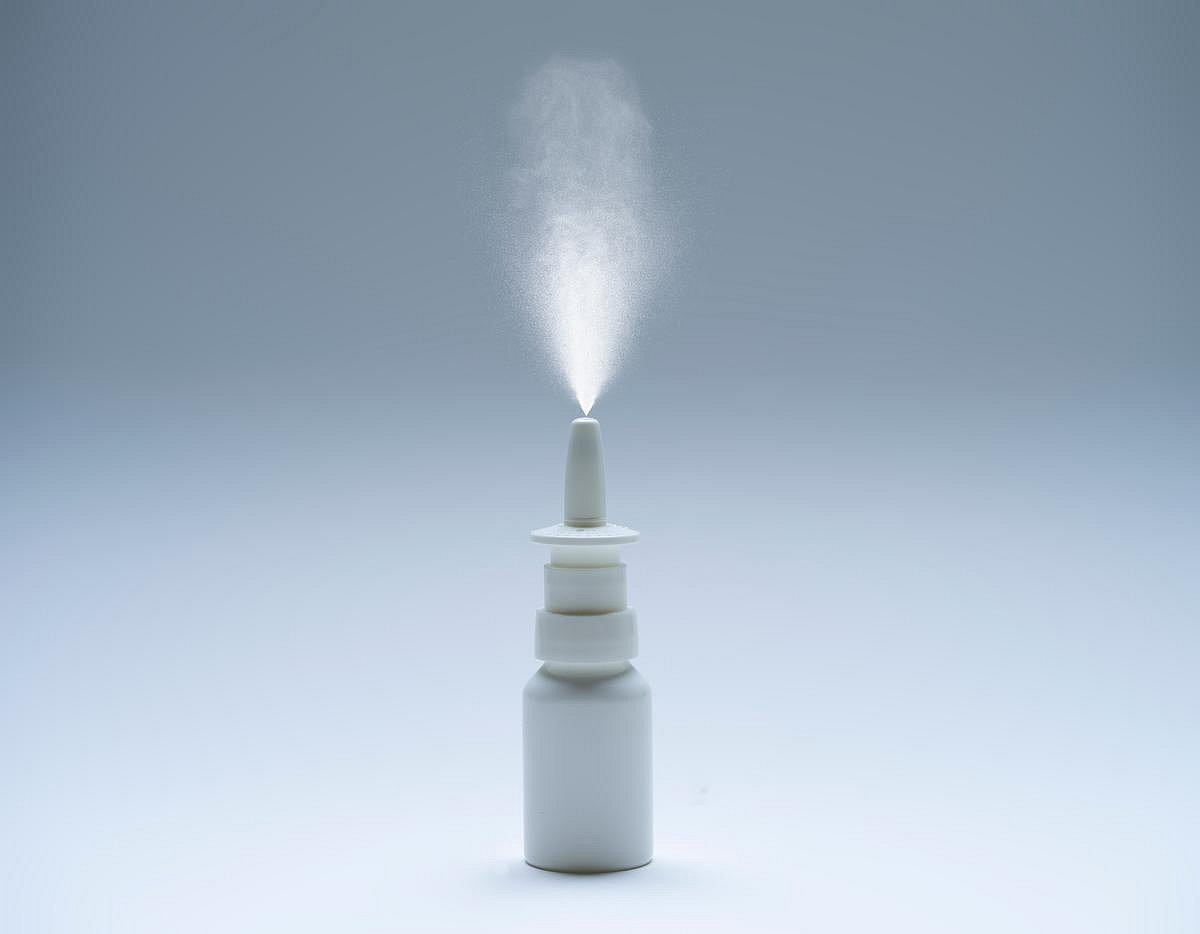Get Healthy!

- Robin Foster
- Posted October 26, 2024
What You Need to Know About FluMist, the Nasal Flu Vaccine
Now that the U.S. Food and Drug Administration has approved the at-home use of the flu vaccine spray FluMist, how do you know that it's the right choice for you and your family?
One expert offers advice on the spray's efficacy and how to figure out if FluMist is your best bet against flu germs. Importantly, the spray will not be available for use in homes until the fall of 2025.
FluMist was first approved for at-home use in September by the U.S. Food and Drug Administration. Right now, only healthcare providers can administer the spray.
So, exactly what is FluMist?
It is a live influenza vaccine containing a weakened flu virus for the three prominent vaccine strains. It’s approved for children as young as 2 and for adults up to age 49.
“Instead of an injection, there is a live vaccine administered by spray into the nose to give a good immune response, so that the nose and respiratory system is better prepared against influenza,” said Dr. Pedro Piedra, professor of molecular virology and microbiology and pediatrics at Baylor College of Medicine in Houston.
While Piedra says the FluMist spray is intended for healthy children and adults, it also works for needle-shy people.
“The immune response is good for both children and adults. Like all vaccines, there could be a local reaction for a small percentage of people – this could be a mild cold, a runny nose or soreness in the throat because the virus is alive and replicates in the nasal passage,” he said in a Baylor news release.
When it comes to effectiveness, Piedra said FluMist works as well as the inactivated vaccine for the age range it is intended for. However, the spray isn't for immunodeficient or immunocompromised people. Also, the spray could cause wheezing after administration in children under 5 with a history of wheezing.
“Also, older children and adults with significant lung disease should speak with their physician to see if there is an alternative vaccine that will not predispose them to a potential wheezing episode,” Piedra noted. “You can have a flu shot that will not impact the respiratory tree; the live vaccine spray might.”
If you have plans to get FluMist nasal spray, you should not take any antiviral medication for at least two weeks, because the weakened flu virus will respond to the antivirals and ruin your vaccine response.
Also, children should not take aspirin soon after vaccination because of the potential for Reye’s syndrome, a condition impacting the liver or brain after the flu. Like other vaccines, FluMist should not be administered to anyone who has a severe allergic reaction to any component in the vaccine.
When FluMist is available to use in your home use next fall, you can control when you want to receive the vaccine.
“You can dictate the timing of the vaccine without truly affecting much of your routine,” Piedra said.
He did add that you should be careful if using FluMist in the home of someone who is immunodeficient. If you are still unsure about whether to use the spray, ask your doctor, he said.
SOURCE: Baylor College of Medicine, news release, Oct. 22, 2024







